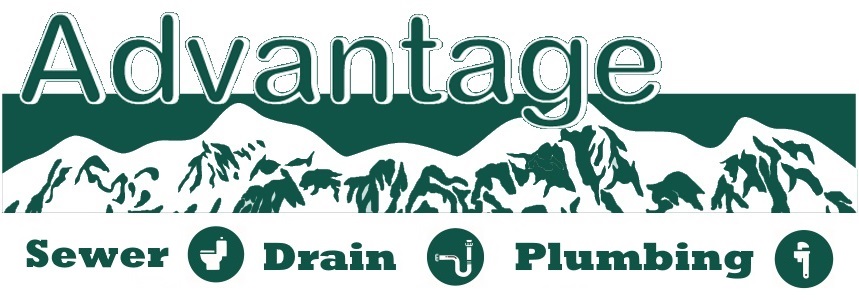What Are The Signs That A Water Heater Needs Replaced?
Signs That Your Water Heater Needs Replaced
When considering the replacement of a water heater, it’s important to look out for several key signs that indicate it may be time for a new unit. Here are the most common indicators:
 Age of the Water Heater. The typical lifespan of a water heater is around 8-12 years. If your unit is within or beyond this range, it’s prudent to start considering a replacement.
Age of the Water Heater. The typical lifespan of a water heater is around 8-12 years. If your unit is within or beyond this range, it’s prudent to start considering a replacement.
Over time, water heaters can become less efficient and more prone to issues due to sediment build-up, corrosion, and wear and tear on components.
When this happens, most likely your water heater needs replaced.
Rust and Corrosion. If you notice rust either in the water coming from your heater or on the tank itself, it’s a strong sign that corrosion has set in.
Rust in the water often indicates that the inside of the tank is rusting, which can lead to leaks. External corrosion on the tank body is also a serious concern, as it can weaken the structure and lead to leaks or bursts.
Leaking Water Around the Unit. Any signs of moisture, puddling, or dripping water around the base of your water heater are cause for concern. This could be due to a crack or hole in the tank.
Since tanks are under constant pressure, even a small leak can quickly escalate into a significant problem.
Leaks to the tank can rarely be fixed. More than likely, your water heater needs replaced when it starts leaking.
Insufficient Hot Water. If your water heater is no longer providing enough hot water, or if the water isn’t as hot as it used to be, this can be a sign that the heating element is failing or that sediment has built up inside the tank, reducing its efficiency.
Strange Noises. Over time, sediment can accumulate at the bottom of the tank. As this sediment is heated and reheated, it hardens. This can lead to banging, rumbling, or knocking noises coming from the tank as it heats up. These sounds can indicate that the water heater is working harder than normal to heat the water, potentially leading to more rapid wear and tear.
Water Quality Issues. If you notice cloudy water or water that has a strange smell or taste coming from your hot water taps, it could be a sign that your water heater is deteriorating. This could be due to a variety of issues, including metal leaching from the tank or bacterial growth.
Frequent Repairs. If you find yourself frequently calling a technician for repairs, it might be more cost-effective in the long run to replace the unit rather than continuing to pay for ongoing maintenance and repairs.
Changes in Efficiency. An increase in energy bills can sometimes be attributed to an aging water heater. As these units age, they can lose efficiency, requiring more energy to heat the same amount of water.
Visible Damage. Any signs of cracks, dents, or major wear on the exterior of the water heater can be indicators of internal damage or potential future failures.
Warning Signs from Temperature and Pressure Relief Valve (T&P Valve. The T&P valve is designed to release water if either the temperature or pressure inside the tank gets too high. If this valve is frequently activating, it could be a sign of a malfunctioning water heater.
Give Advantage Sewer And Drain A Call When Your Water Needs Replaced!
When you notice any of these signs, it’s advisable to consult with an experienced Colorado Springs plumber or water heater specialist. They can provide a thorough inspection and advise on whether repair or replacement is the most appropriate course of action.
Remember that proactive replacement can often be more cost-effective and safer than waiting for a catastrophic failure.
